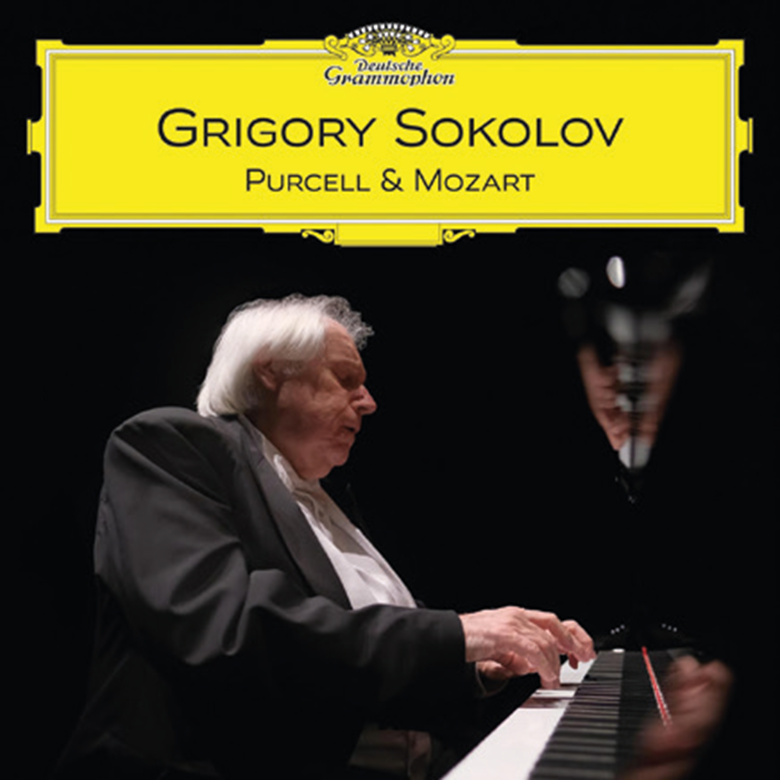Grigory Sokolov: Purcell & Mozart
Bryce Morrison
Tuesday, February 11, 2025
Eschewing his former glory as a Russian virtuoso with repertoire to match, today he turns to music more notable for its inwardness, his vast technical resource fined down to playing of rare delicacy, precision and affection

New recordings of Grigory Sokolov’s live performances demand special context. Forsaking the recording studio and orchestral and chamber music engagements, he devotes himself exclusively to solo recitals. A confrontation with immigration officials, which he likened to Soviet oppression, and a further clash with the journalist Norman Lebrecht put paid to any future visits to the UK. That this is greatly to our loss is once again confirmed by DG’s latest album, taken from two 2023 recitals in Spain, where he has been resident for many years. Eschewing his former glory as a Russian virtuoso with repertoire to match, today he turns to music more notable for its inwardness, his vast technical resource fined down to playing of rare delicacy, precision and affection. In the case of Purcell, in music composed for the harpsichord, he delights in the resources of the modern piano. Wherever you turn in his richly varied selection you sense his empathy for Purcell’s infinite variety, from gaiety to a gentle and haunting melancholy. In Mozart, Sokolov’s way with the B flat Sonata, K333, is wondrously light-fingered and natural. But the jewel in the crown is the B minor Adagio, K540: here, criticism falls silent as you listen to playing so finely graded in this brief but incomparable journey from bleakness to final solace. For encores there is bracing Rameau and unforgettable Chopin, both in the power and sobriety of the central storms of the D flat major Prelude and in the reflective beauty of the F minor Mazurka from Op 63. Such deep-dyed romanticism emerges as a natural extension of Mozart’s B minor Adagio. Finally we have the Bach-Siloti Prelude in B minor (transposed from Bach’s E minor), an encore forever associated with Emil Gilels (high among Sokolov’s heroes). Sokolov’s way is less emotional than Gilels: he simply allows the music its own voice yet never lets you forget his Russian roots.






